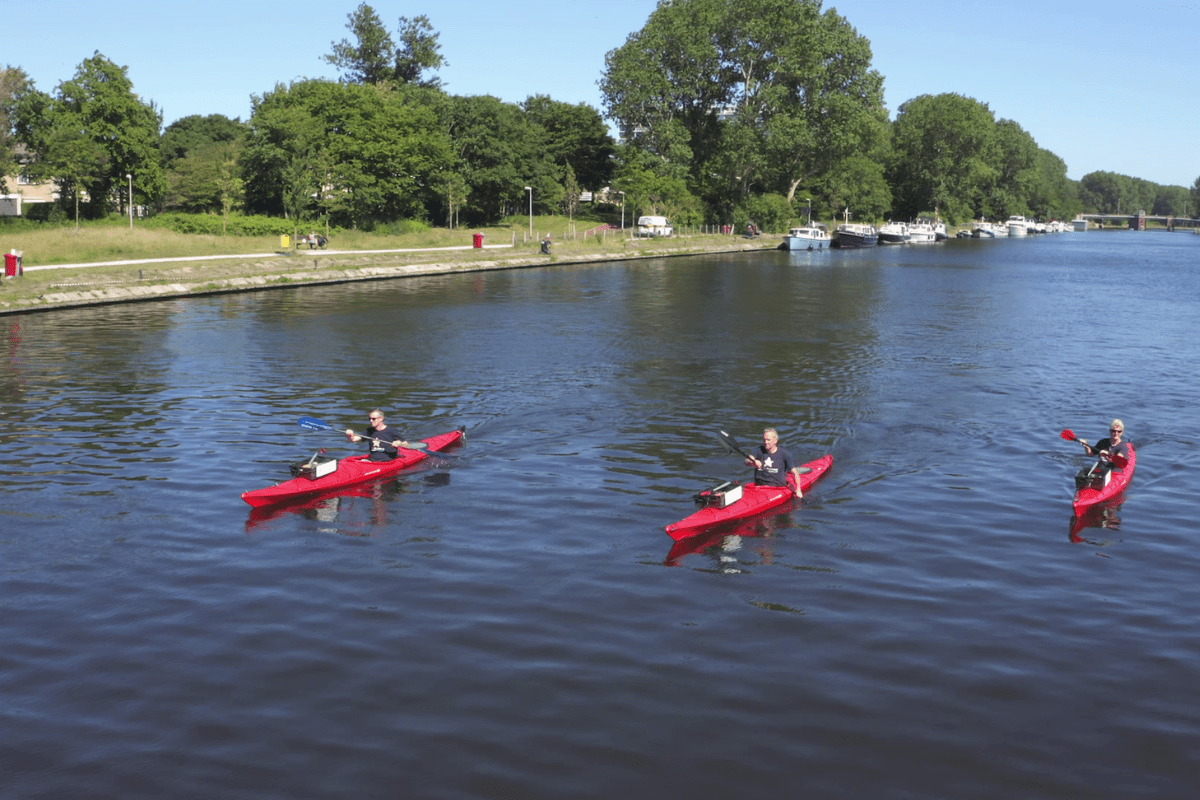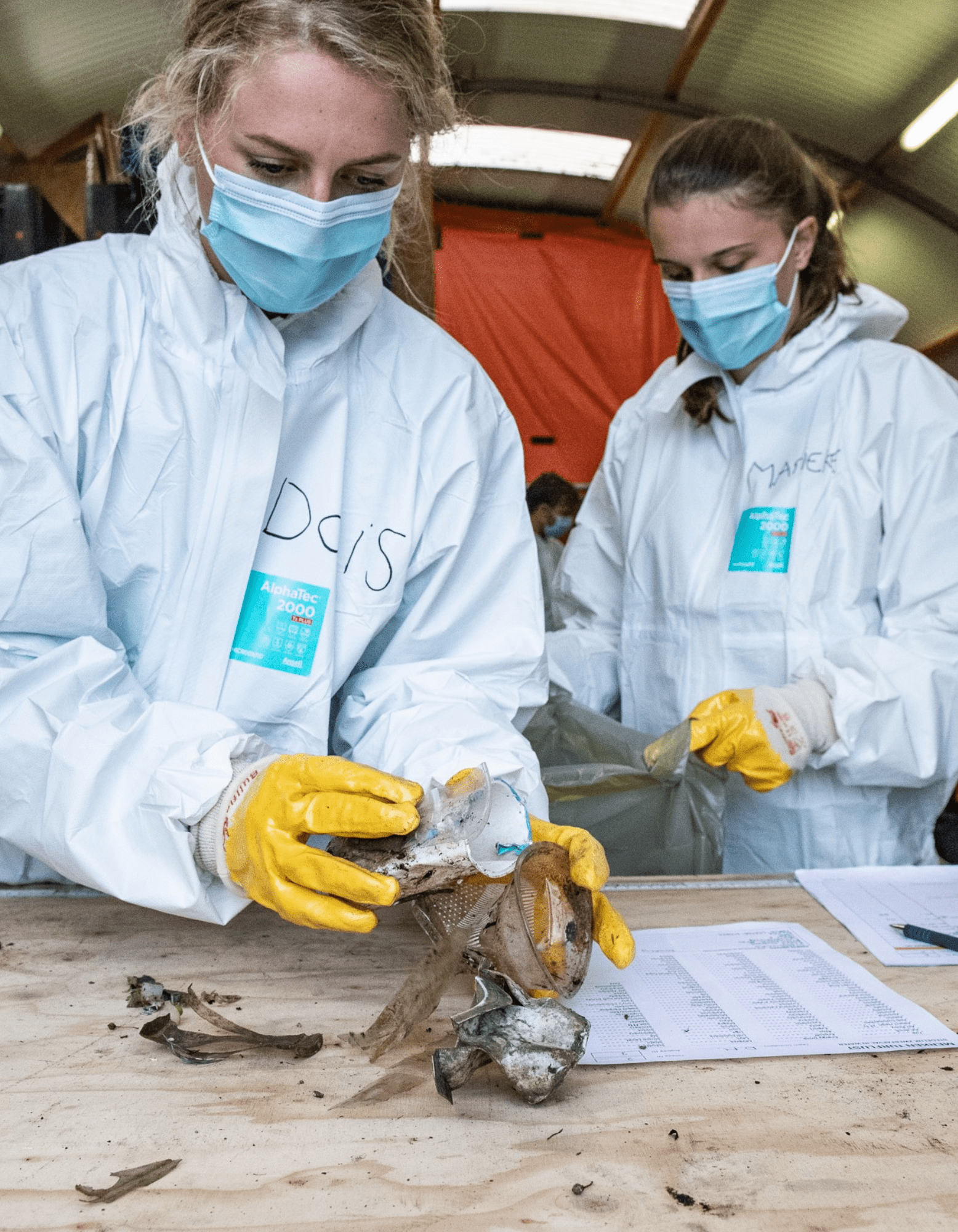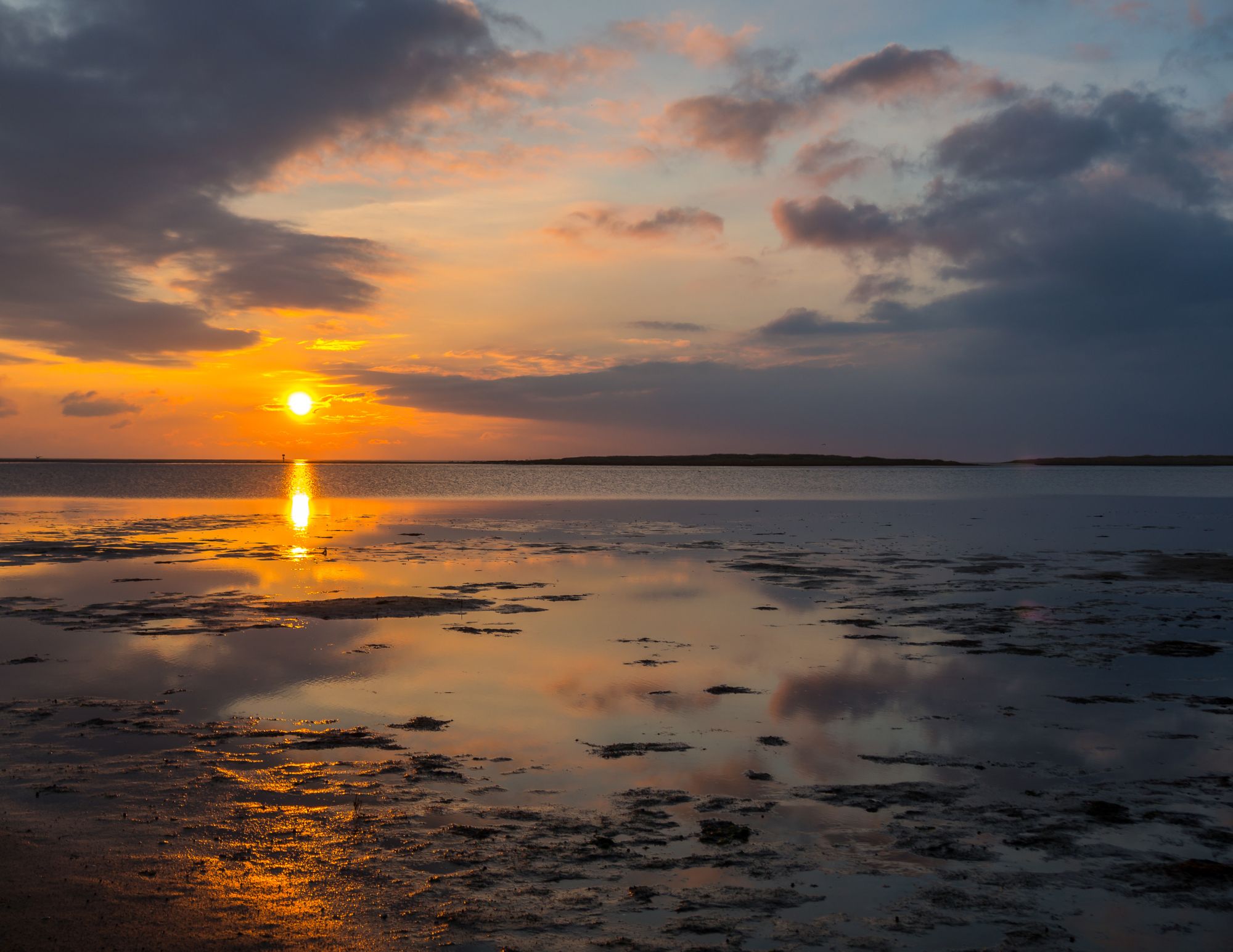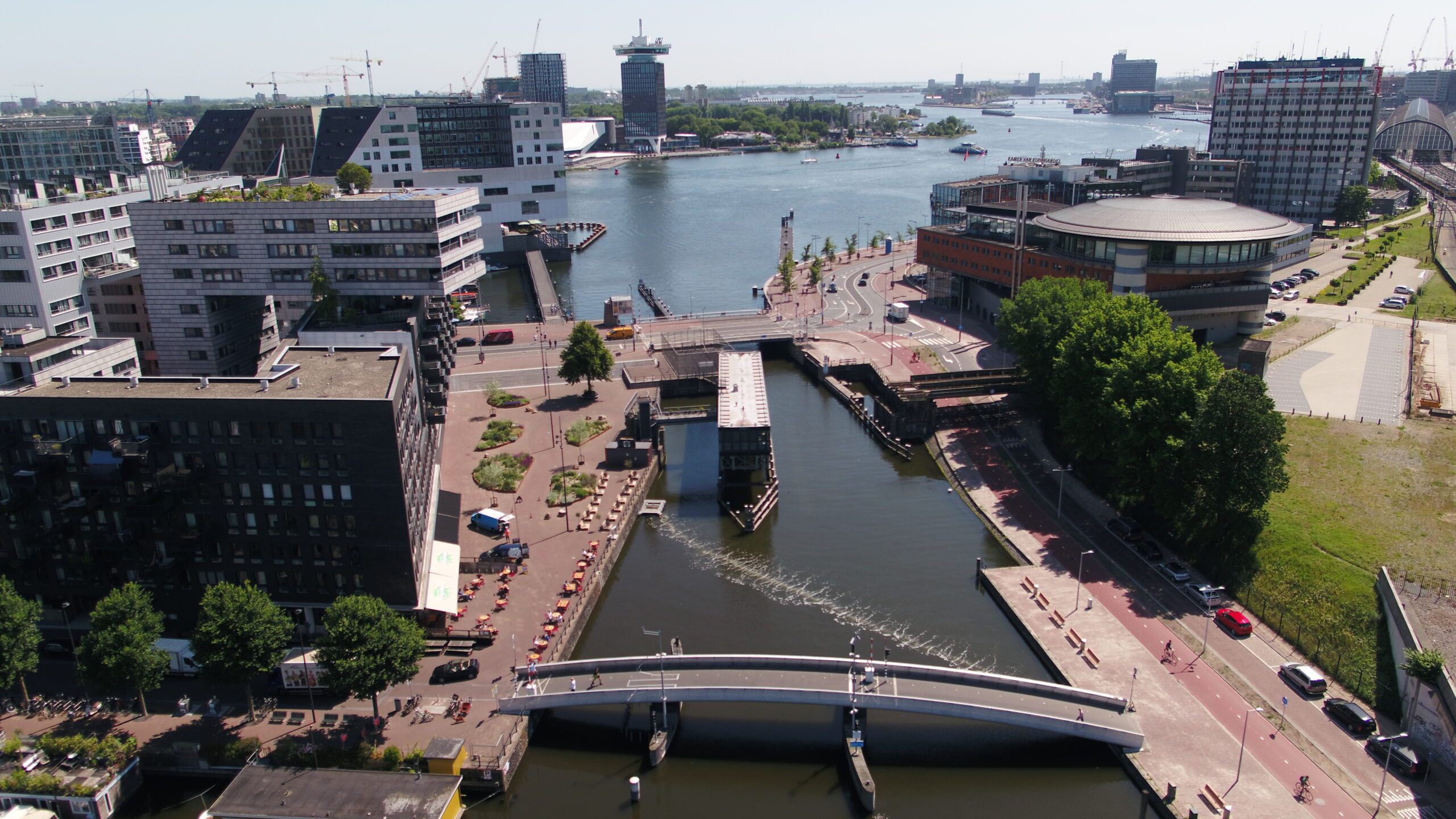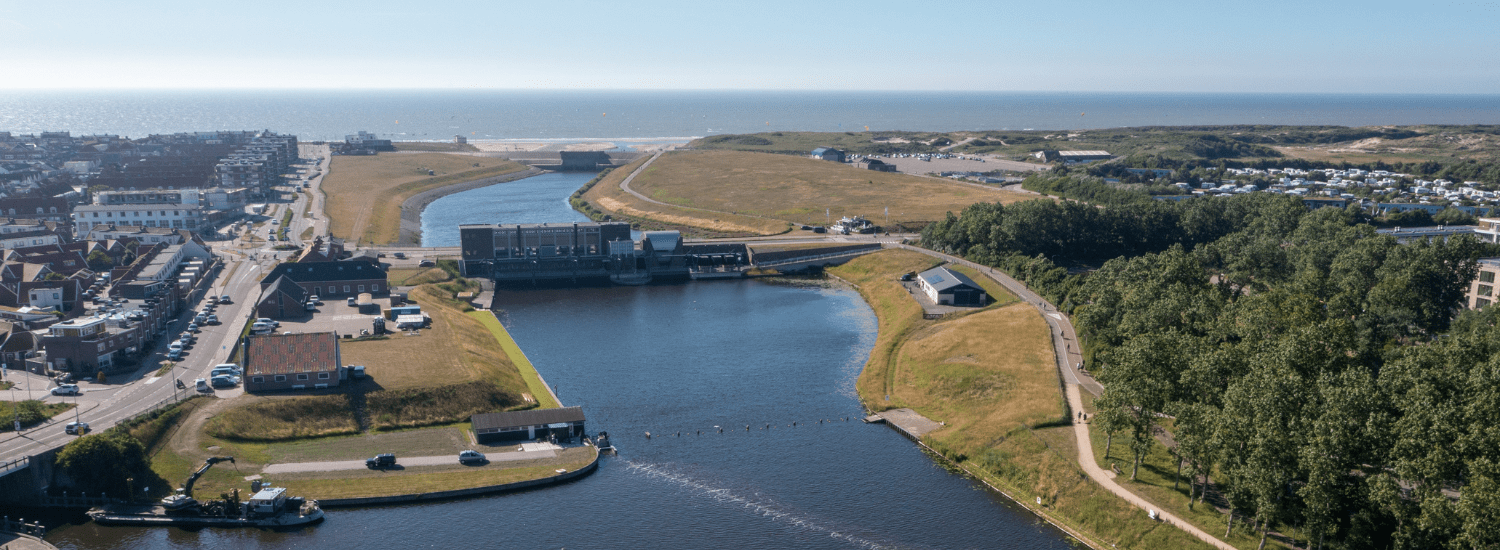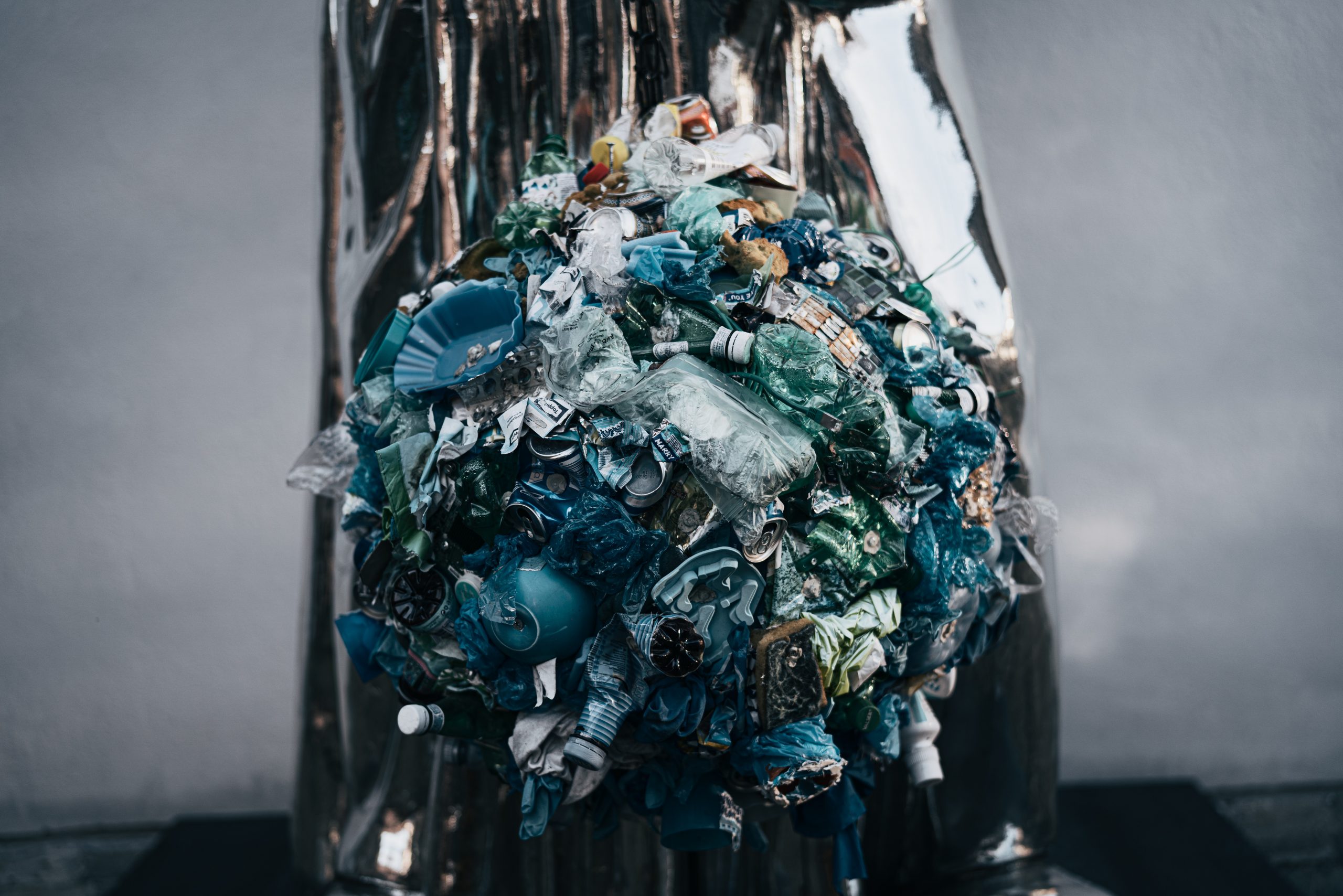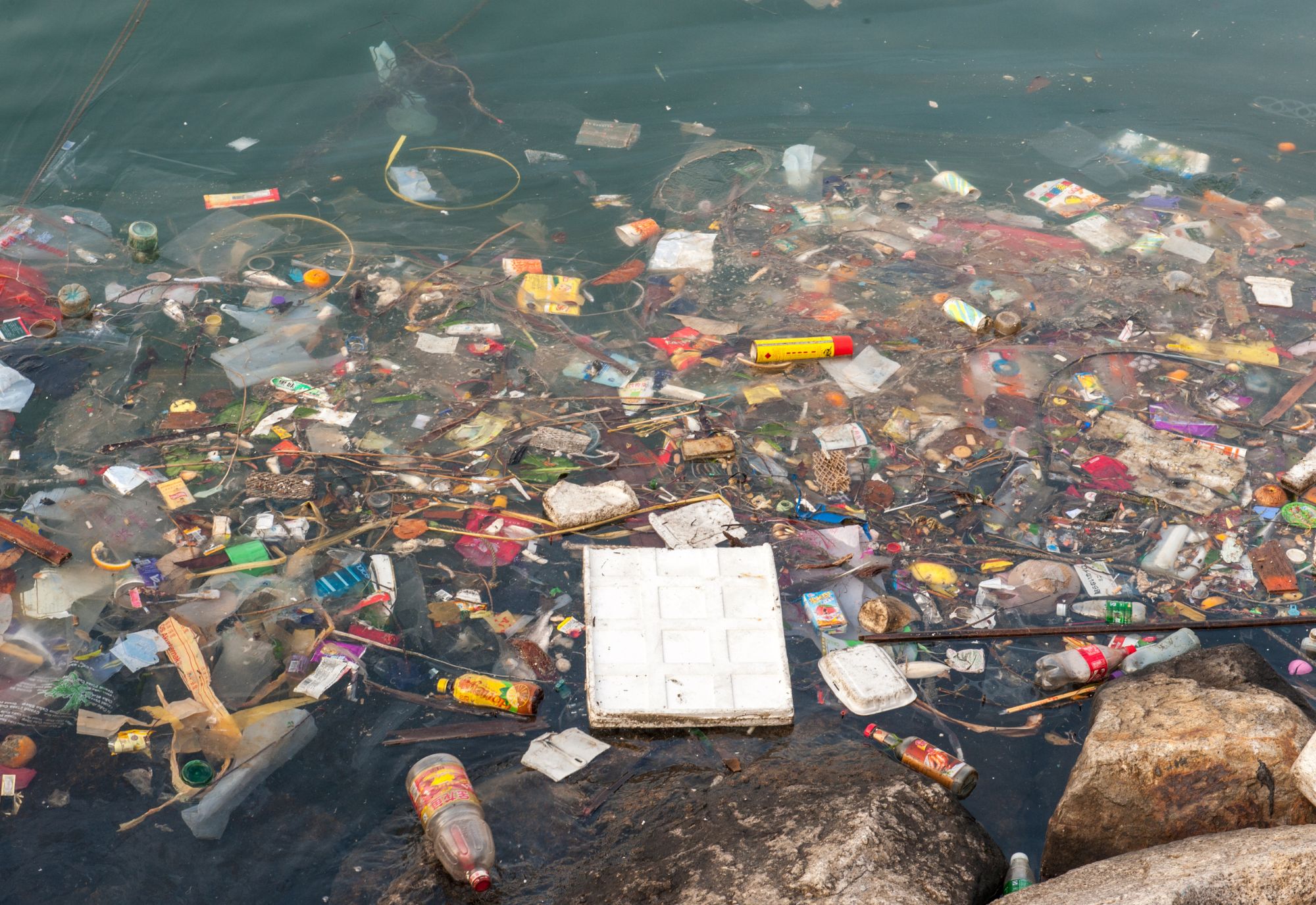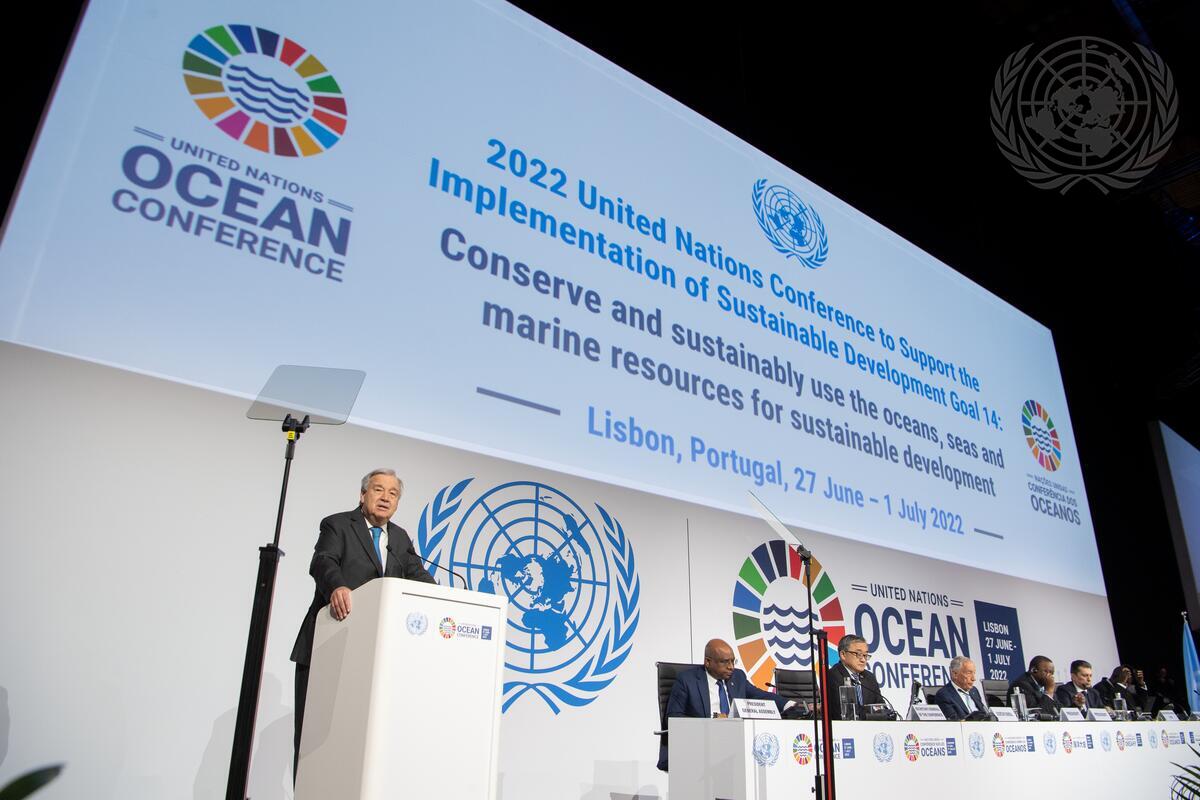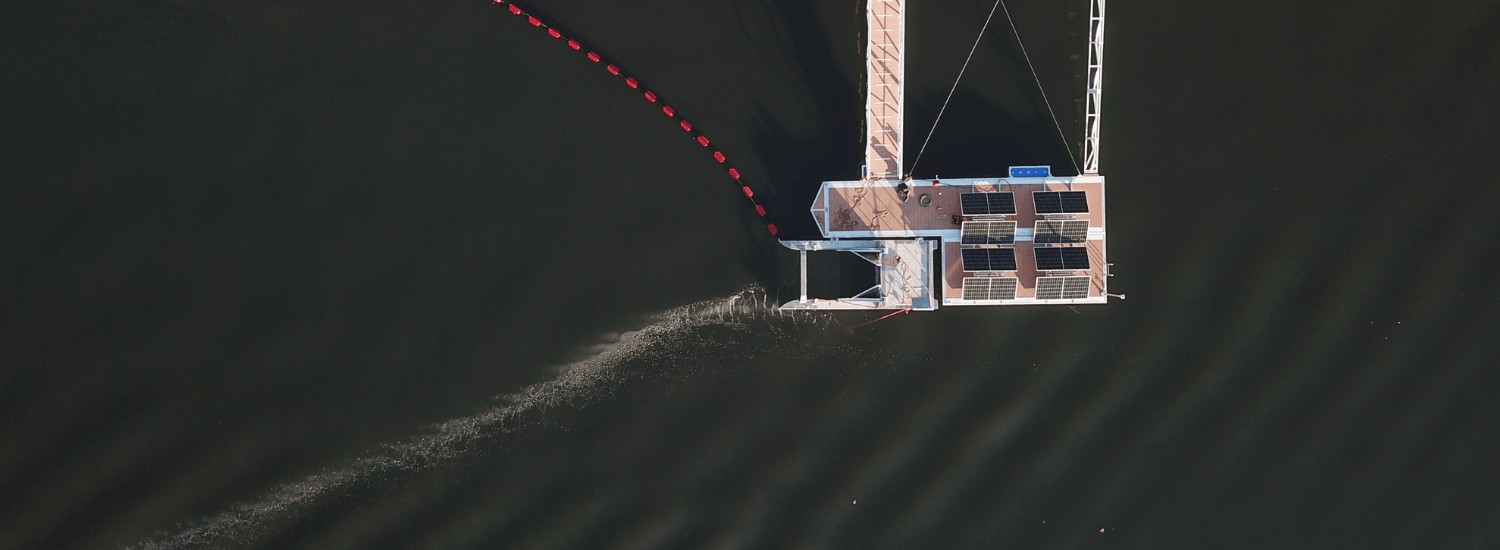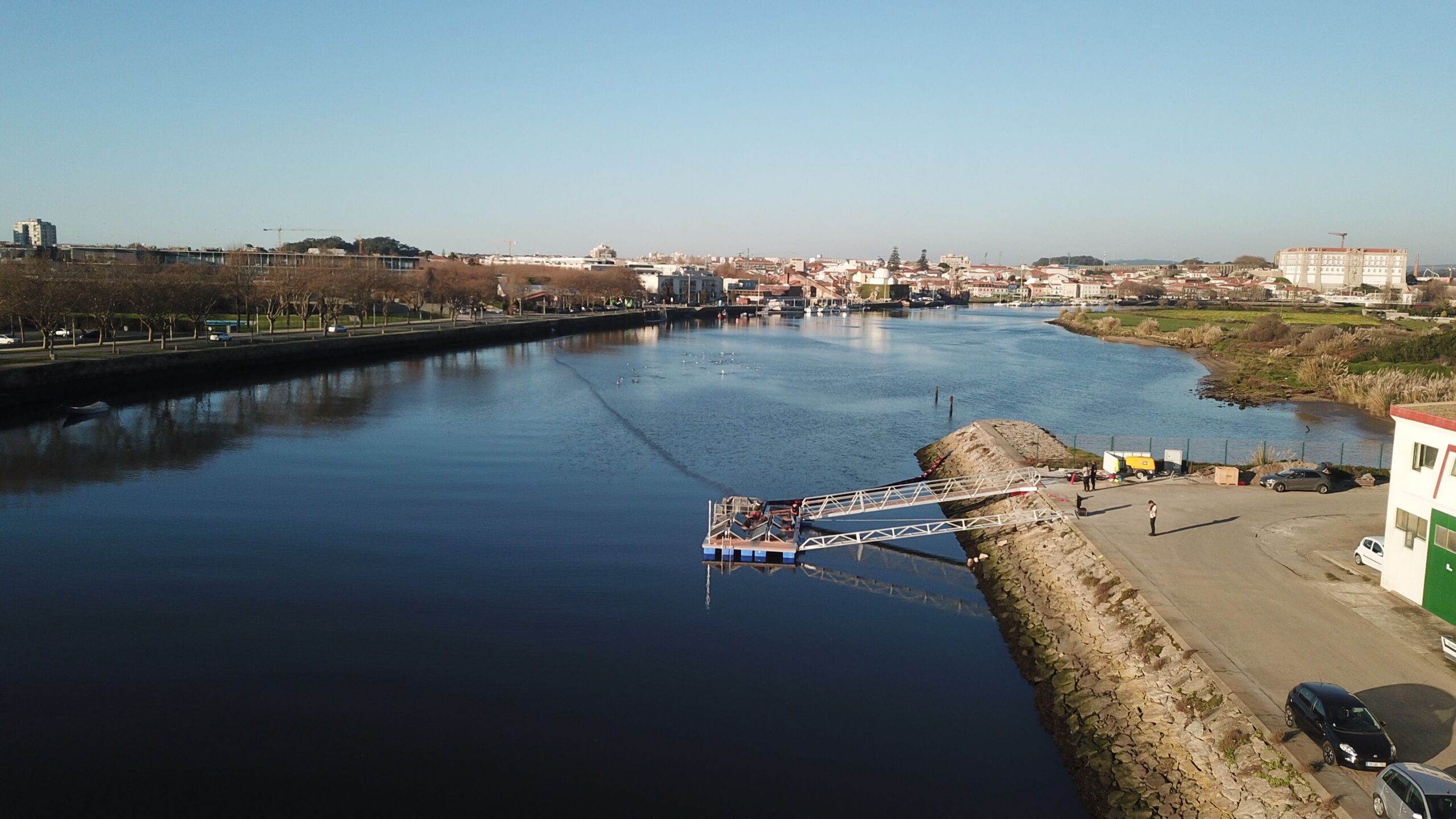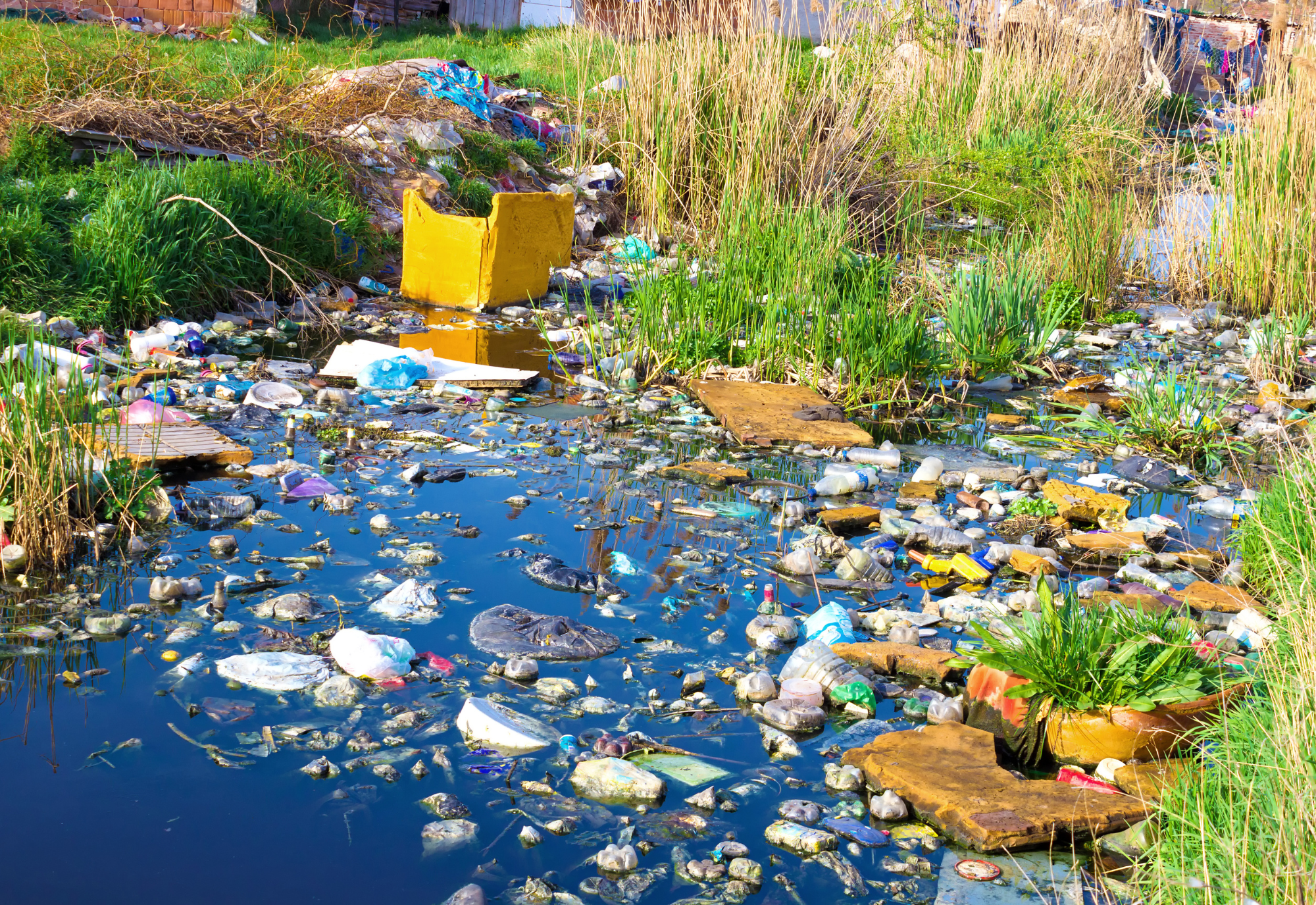Our impact
Cleaning rivers from plastic pollution with bubbles
At The Great Bubble Barrier, we are committed to making a measurable impact on reducing plastic pollution in rivers and canals. We apply proven best practices and methodologies to measure our impact. Backed by data and research, our insights help shape policies and drive sustainable solutions. Learn more about our impact below.
Bubble Barriers capturing plastic
Bubble Barriers capturing plastic
OUR BUBBLE BARRIERS
Explore our impact
OUR RESEARCH METHODS
How do we monitor our impact?
Bubble Barriers are used as monitoring tools to assess plastic pollution types, levels and origins in each location. The data collected through monitoring our catch is important to effectively prevent plastic from entering rivers and canals in the future.
To ensure accuracy, collected waste is dried first, and organic materials are sorted out and excluded. This provides a clear understanding of plastic pollution without inflating results. Once the waste is dried and sorted, we categorize it using the river-OSPAR method, an international standard for waste monitoring.
This systemic approach helps us identify pollution trends and compare data across locations, guiding our efforts to address plastic pollution more effectively.
OUR BLOG POSTS
Read more about plastic pollution
Besides researching our Bubble Barrier impact, we continuously work on amplifying the latest global research on plastic pollution. Because the more we know, the better equipped we are to tackle the issue at the root.


